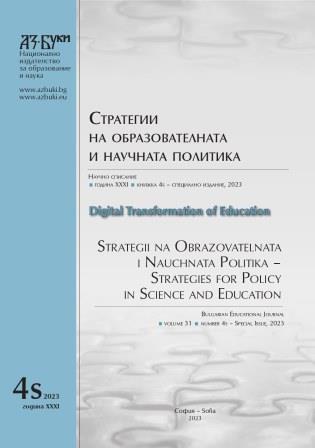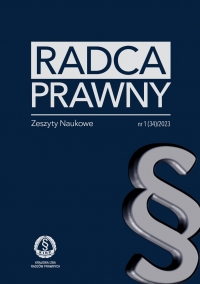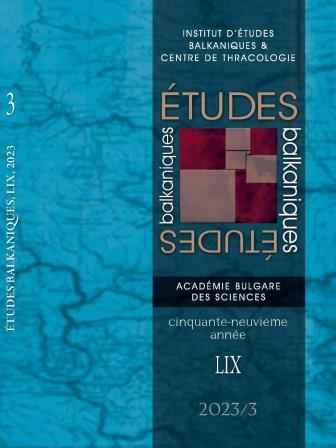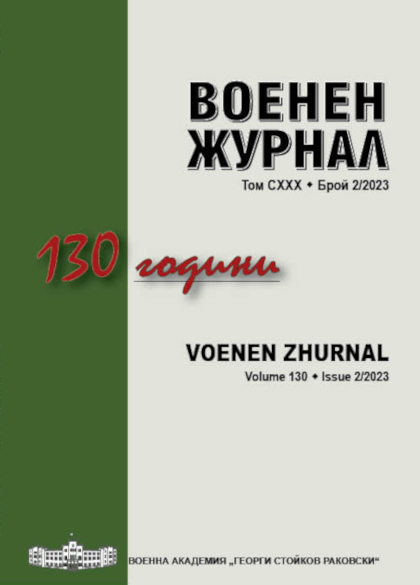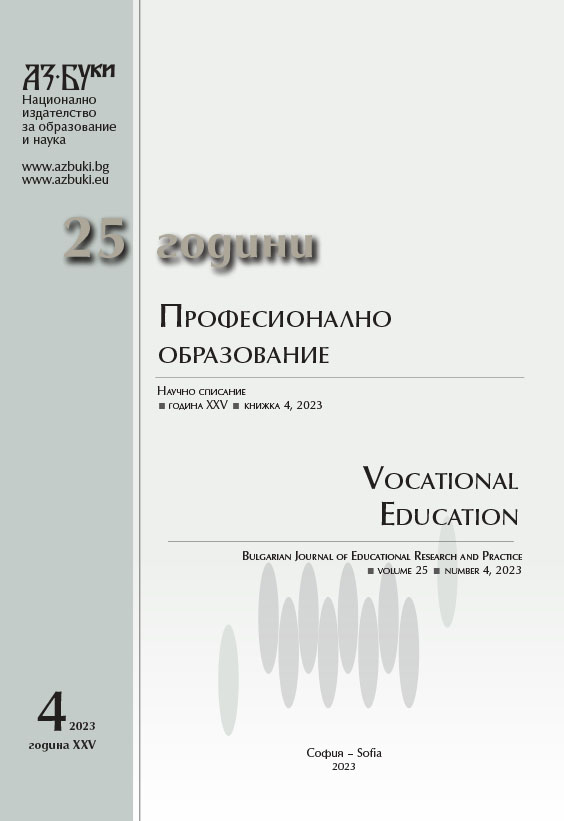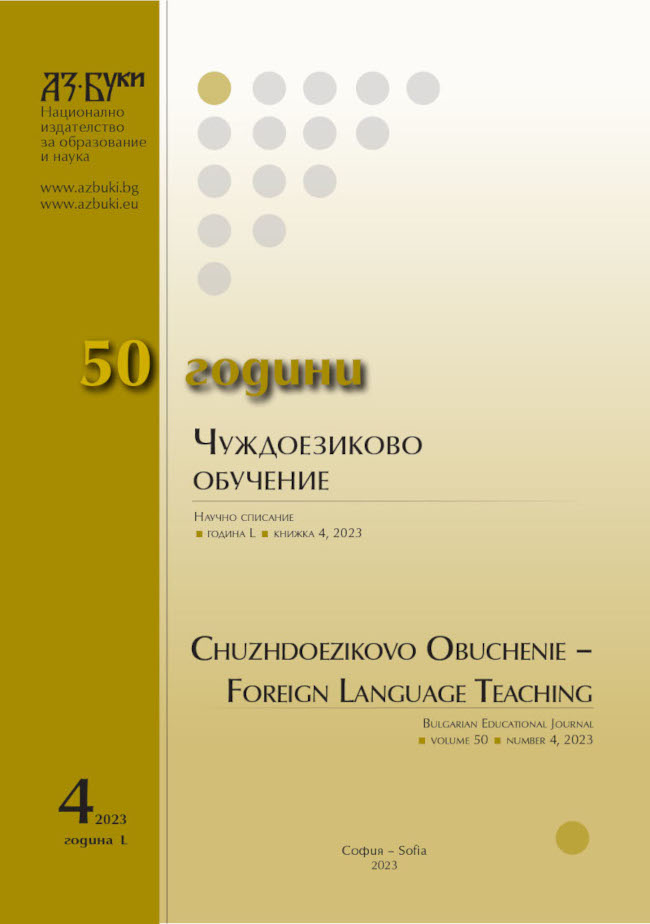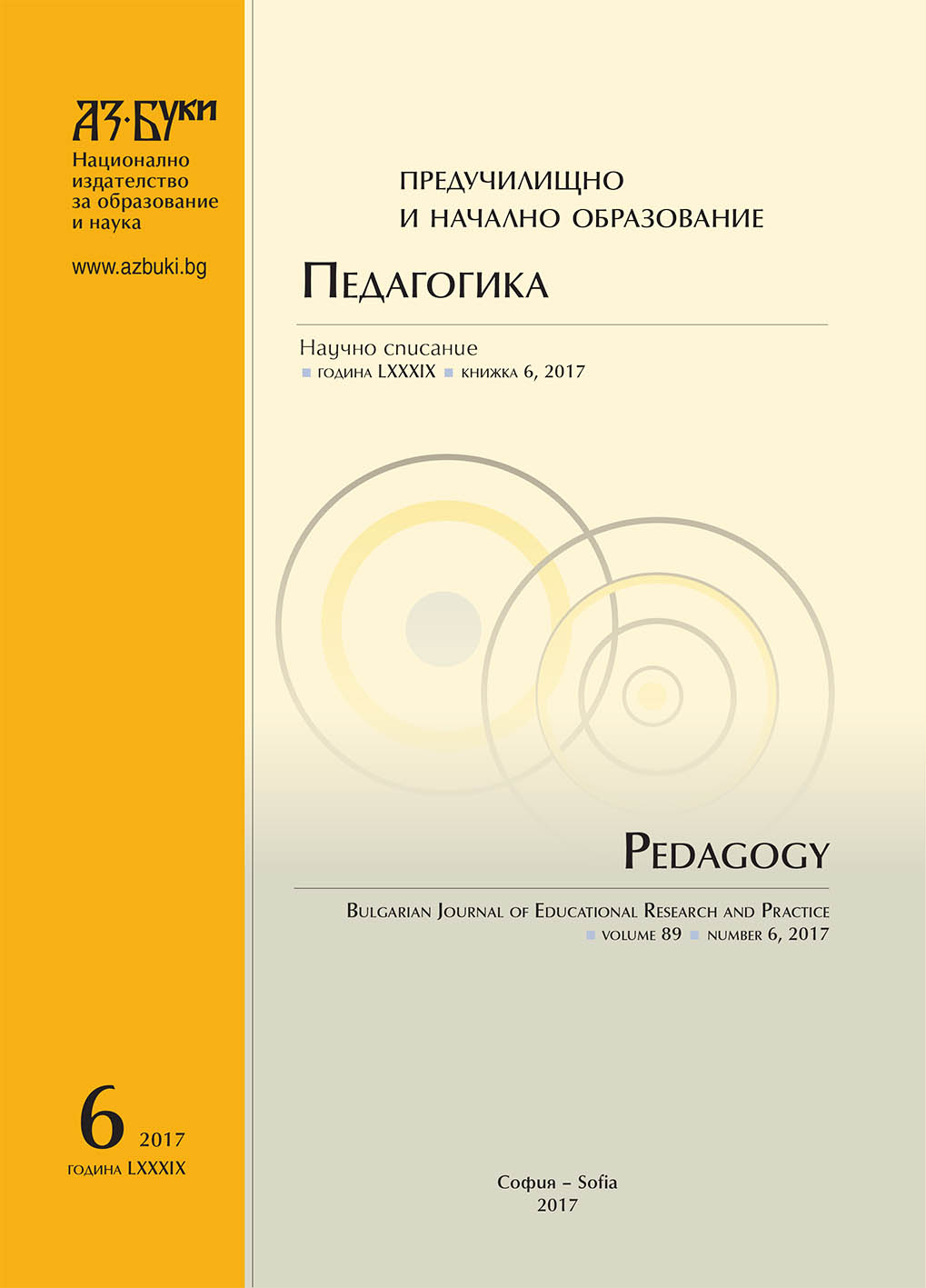
Pазвитие на емоционална интелигентност в началното училище чрез средства на изкуството
The publication discusses the specifics of the emotional intelligence as well as some aspects of its development by using musical and art education in primary school.Our study focuses on some technological practices to develop children’s emotional intelligence. In the theoretical part are examined views of a number of authors related to the nature of emotional intelligence. As a practical part are studied some of the technological capabilities of the musical training of primary school age.
More...
